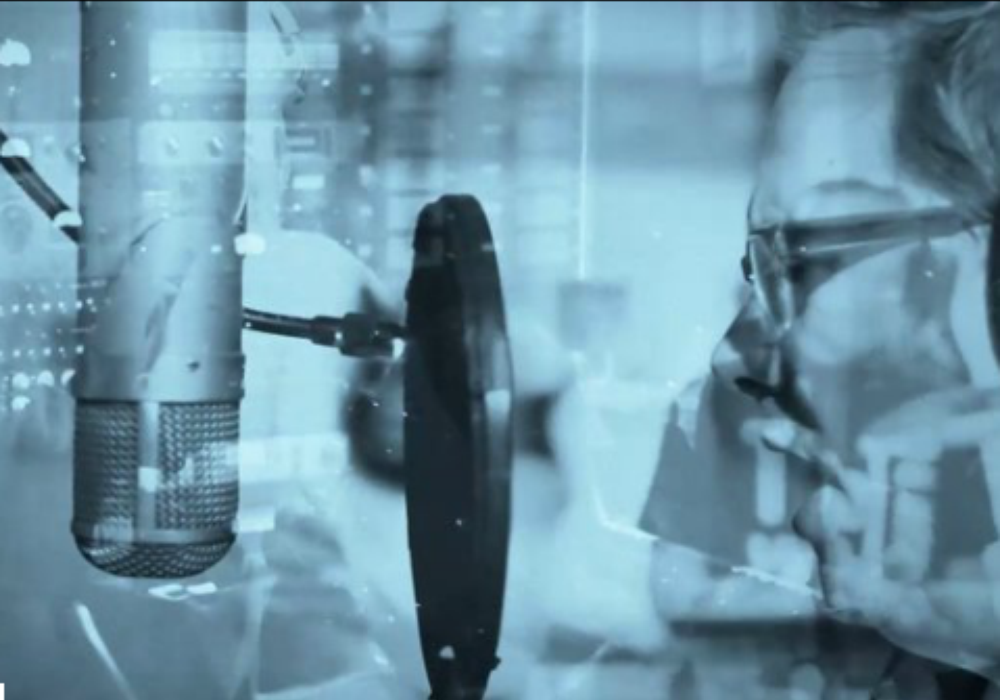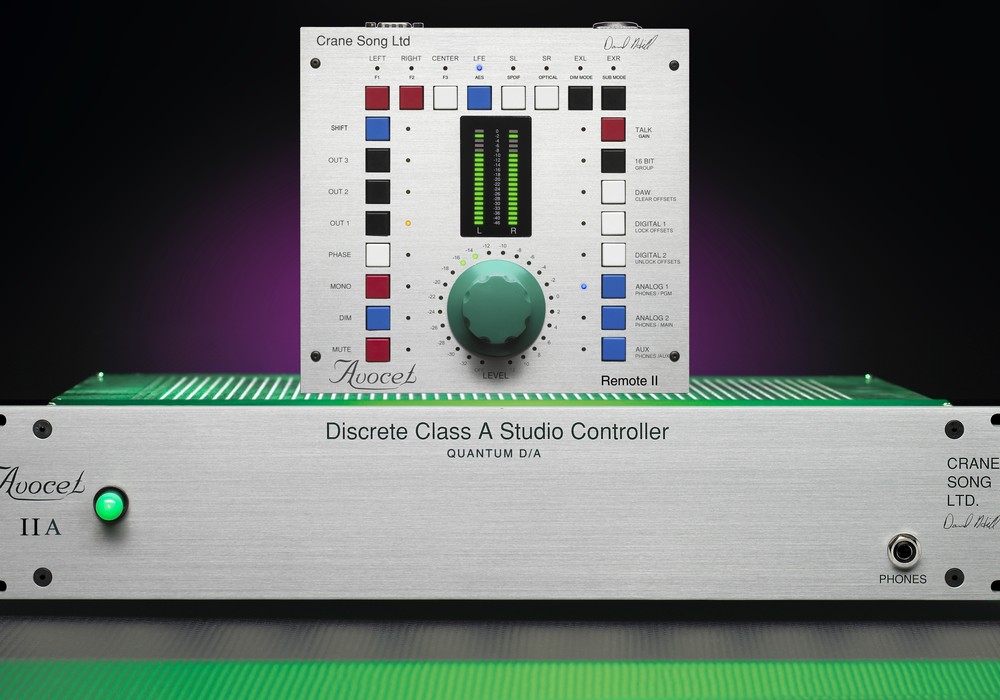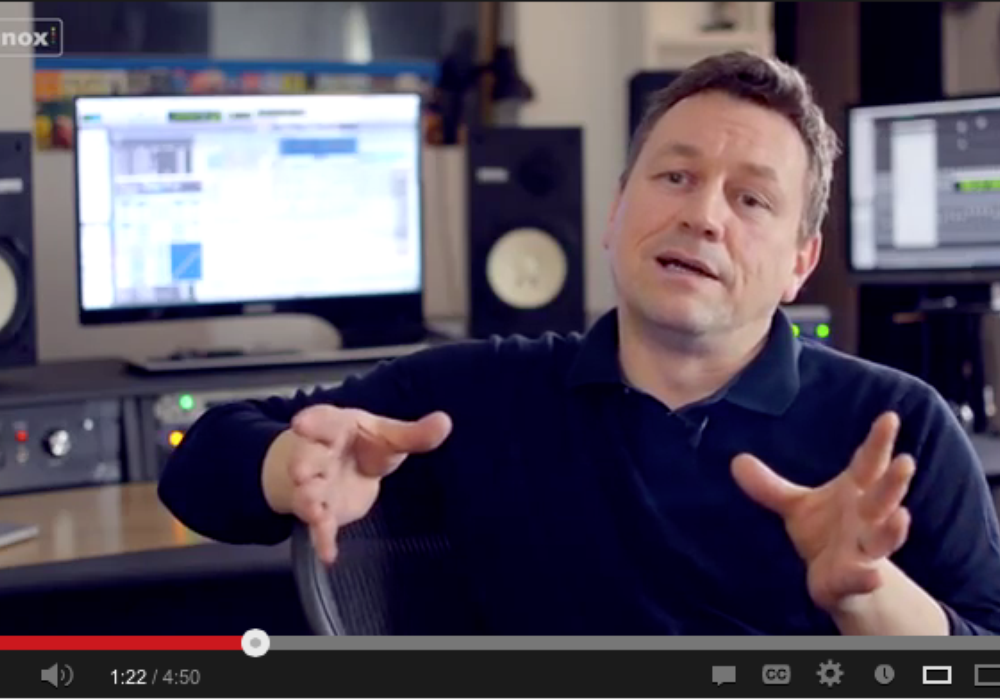When I graduated from college, I dove headlong into restaurant work in order to survive. I had a degree in Visual Communications and a minor in Art from an un- prestigious college, but near the end of my studies I'd begun playing bass in a band and wanted to see where that would take me. I spent the next 11 years of my life in the food service industry. I went from dishwasher, to waiter, to prep cook, to weekend manager during that time. I took advantage of the flexible hours and free meals; in large part because of this, I was able to make records and tour early on. In later years I would use my days off to record people at my home studio, up until my recording schedule overtook my work schedule. I've always been thankful for my time spent working in restaurants, catering, and pubs for the valuable lessons I took away.
For almost 17 years now I have owned a commercial recording studio, and I see it as a continuation of my career in the service industry. Anyone with a credit card or some extra cash can throw a bunch of audio gear in a room and call it a "studio." But a room full of wires and boxes doesn't run itself, and how one decides to organize and present their studio is the key in separating their place from the pack. But the most important element in all of this is the clients and customers.
If there is any studio that has made and sustained a stellar reputation solely on recording equipment, location, or a fancy website, then I'd like to hear about it - because I sincerely doubt such a place exists. Every aspect of a studio's success hinges on the experience that the musicians have while working there. It's so obvious - and it's been said a thousand times - but word of mouth is king. Forget advertising your studio; make your clients happy and they will tell other musicians to come in, and they in turn will tell even more people. And a studio full of musicians is a successful studio.
If you have hired anyone to work for you, they must represent your service goals to the utmost. If you recommend any freelancers to work with your clients, they must be as professional as you would be yourself, and they have to be ready with the knowledge of everything they need to know about using your studio. Everyone's attitudes must be positive and helpful, and not just on the surface. No behind-the-back shit talking should ever be allowed; people can feel that energy, no matter how well one tries to hide it. That certainly goes for shit talking other musicians' sessions in front of the current clients - I've said it before, but what do you think they will suppose is going to happen the minute they walk out the door?
Graciousness must be a constant; customers should never be made to feel that they are wasting your time, or that they are clueless because they may know less about the recording studio than you. Every project is "the most important project ever" while the current client is in the studio. Discussions of other recent or upcoming sessions should be handled with care; if someone thinks that you are far more excited about your next gig than theirs, even if this isn't the case, you will lose their trust and likely their future business.
Other distractions can be external, like constant UPS/FedEx deliveries (something I finally got an outside drop for) or other clients dropping off checks, tapes, and hard drives. It should be obvious, but studio tours for prospective clients should never happen on someone else's time. I once even had a former client drop in unannounced to bring his kid in to show him "where daddy made his album." Luckily, no one was in session at that time! With clear communication, planning, and possibly a slightly stern "by appointment only" note on the door, these can all be avoided. Once again, the client will feel like the most important person while they are working in your place.
Clear communication is your most important asset. Setting starting and ending times for the day is the first step. Just like your dentist's office, do not be afraid to contact a client in the days leading up to a session to double-check on the starting time. Discussing the goals and what might realistically be accomplished during the studio day is always very important. The real clincher is clarity in discussions about money. Deposits, day rates, engineer costs, and all other expenses should be discussed before anyone sets foot in the studio. There should be no surprises on the bill. There's no easier way to lose a future client than over a financial dispute.
But back to the food service world: Imagine if your waiter was on the phone while taking your order, the busboy was standing idly by your dinner table texting his pals, or the cook missed seeing your order come in because she was checking her email. I constantly hear horror stories of engineers taking phone calls and texting in the control room, most times to the detriment of the session. I think it's pretty obvious that a client would choose not to work with a distracted engineer the next time, if they even returned to this studio at all.
Sometimes it's the small extras around the place that are evidence of a studio's care in providing the best service. A tub full of 9-volt batteries, extra bags of coffee, boxes of tea, guitar straps, instrument strings, and even dishware and utensils can help keep a session on track and productive. Once, while visiting another studio, I watched a client waste several hours of their booked time to purchase a guitar tuner because the remotely-located studio didn't have one available. I don't suppose that left a good taste in that guy's mouth.
If you really want to keep your studio business flourishing, you have to be completely invested. Learning to focus in 100 percent on every project that comes through the door isn't easy, but you must immerse yourself in your client's music, as well as offer any suggestions that will help the recordings sound their best. You are not a passive tape jockey along for the ride; you are there to make it the best experience of someone's life. You may see the inside of your studio way too many days over the course of a year, but your clients may only make a handful of albums in their career, and they've chosen to work with you for one (or more) of them.
Just like our favorite restaurants, we expect consistency and quality from places we spend our money at. Always remember that your clients have a choice of where to work - no longer does owning one of the few 2-inch tape decks in town guarantee that you will have repeat business. You have to find ways to deliver a recording experience that far exceeds what your customers expect. Then you have to keep delivering quality at that same level.
This really is a service industry.
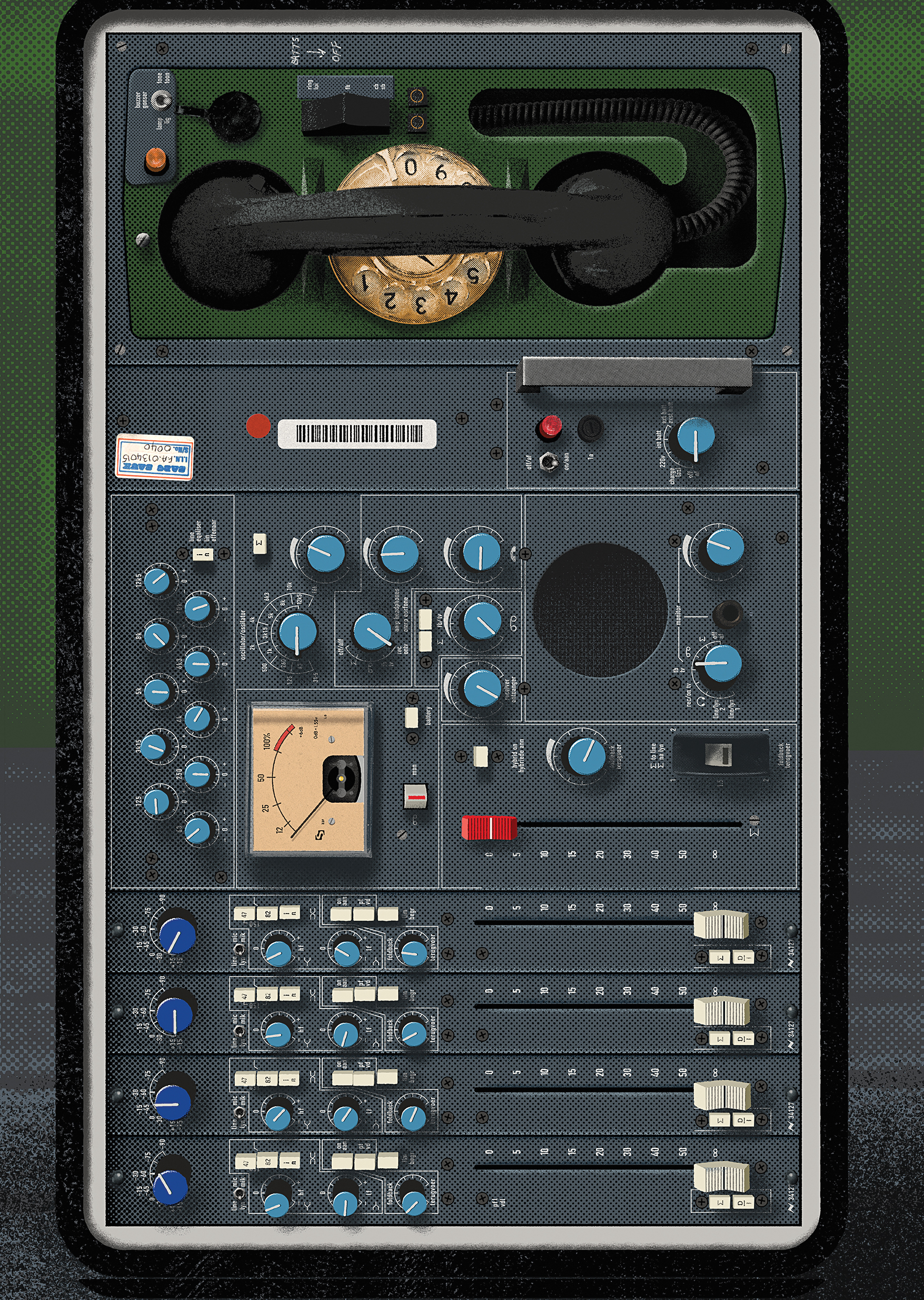

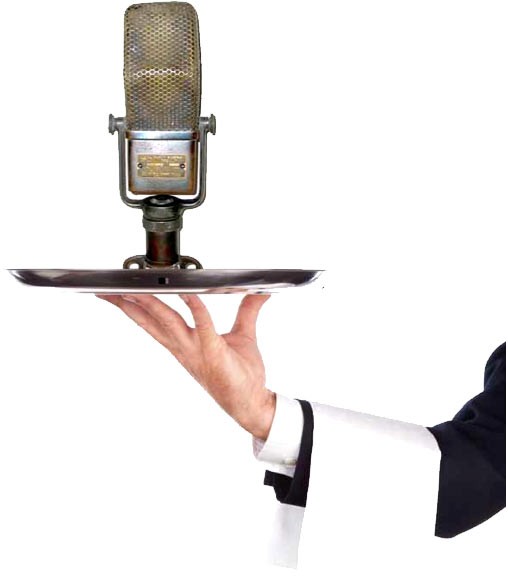
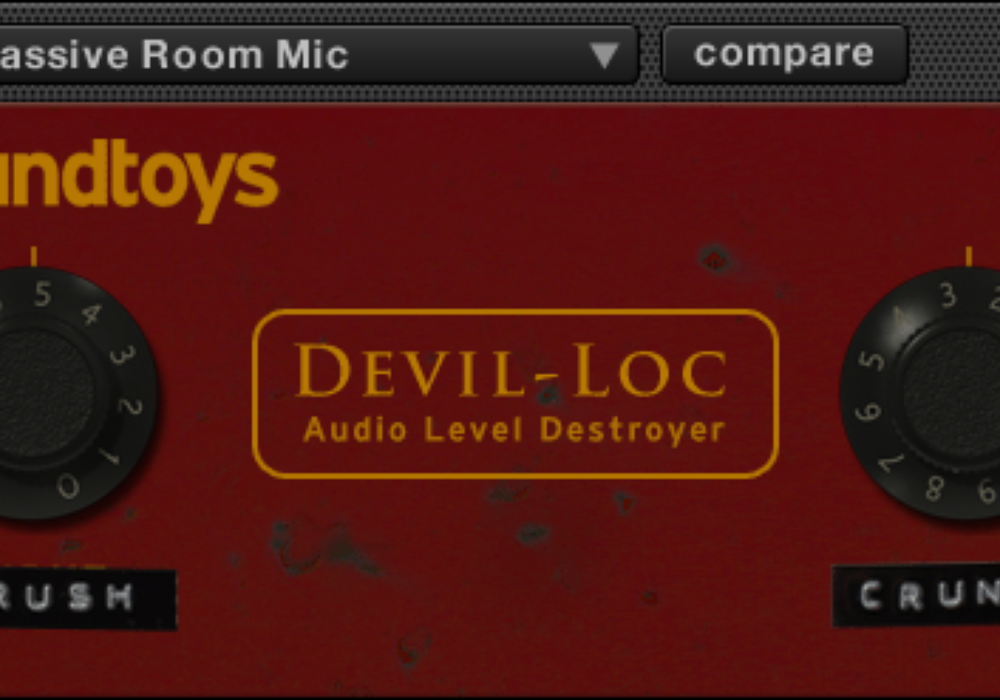
_display_horizontal.jpeg)
